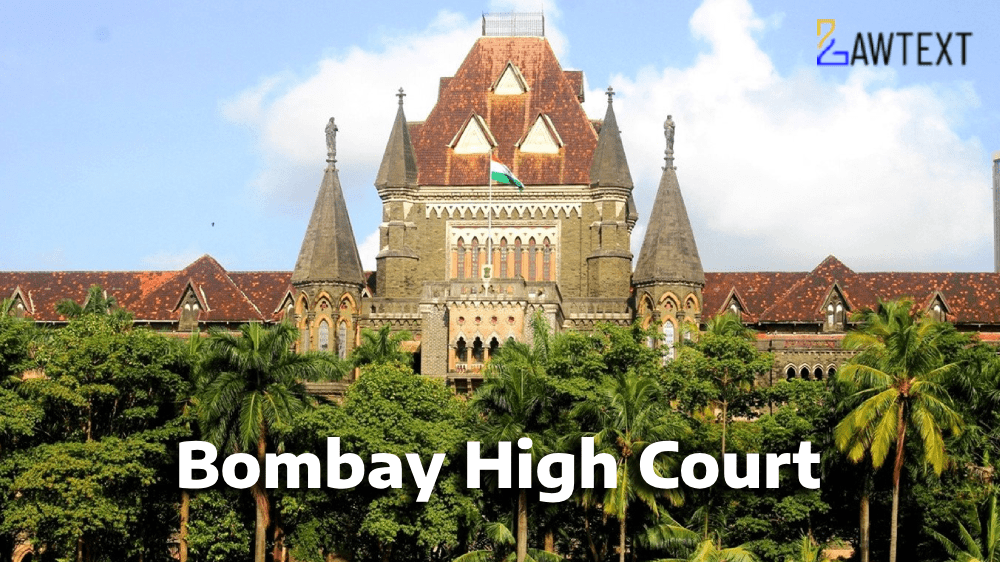Appellant Acquitted in Sexual Assault and Cybercrime Case. Nagpur Bench of Bombay High Court overturns conviction due to lack of sufficient and credible evidence.

CASE NOTE & SUMMARY
The Bombay High Court acquitted Rahul Gautam Lahase, who was previously convicted by the Additional Sessions Judge, Achalpur, for offenses under Section 376 of the Indian Penal Code (IPC), Sections 4 and 8 of the Protection of Children from Sexual Offences (POCSO) Act, and Section 67 of the Information Technology (IT) Act. The High Court found the evidence insufficient and the prosecution's case unreliable, ultimately granting the benefit of the doubt to the accused.
-
Background:
- Appellant: Rahul Gautam Lahase (26 years old, laborer, resident of Jalgaon).
- Respondents: State of Maharashtra and the victim (unnamed).
- Initial Conviction: The Additional Sessions Judge, Achalpur, convicted the appellant under IPC Section 376 (rape), POCSO Act Sections 4 and 8, and IT Act Section 67 for sexual assault and sharing obscene images on social media.
-
Allegations:
- In March 2017, Rahul sent a friend request to the victim, a 12th-grade student, on Facebook. After befriending her, he allegedly coerced her into visiting a hotel room, where he took photographs of her without consent, blackmailed her into sexual relations, and later shared the photos on Facebook and WhatsApp, tagging her relatives.
-
Defense:
- The accused argued that he was falsely implicated and that there was no concrete evidence, such as forensic analysis, to prove that he committed the alleged offenses. The defense emphasized the delay in lodging the complaint and the lack of corroborating scientific evidence regarding the obscene photographs.
-
Prosecution’s Case:
- The victim’s testimony stated that the accused threatened to spread the photographs unless she complied with his demands. After some time, he reportedly shared the images with her relatives and fiancé, which led to a police report in October 2017.
-
Judgment:
- Acquittal: The court highlighted inconsistencies in the victim's account and noted that there was no forensic or scientific evidence, such as a report from the Regional Forensic Science Laboratory, to prove the transmission of obscene photographs. The Medical Officer's testimony also failed to definitively establish sexual assault. Therefore, the court acquitted the accused due to reasonable doubt.
Acts and Sections Discussed:
- Indian Penal Code (IPC):
- Section 376: Punishment for rape.
- Protection of Children from Sexual Offences (POCSO) Act:
- Section 4: Punishment for penetrative sexual assault.
- Section 8: Punishment for sexual assault.
- Information Technology (IT) Act:
- Section 67: Punishment for publishing or transmitting obscene material in electronic form.
Ratio Decidendi:
The High Court ruled that the prosecution failed to provide convincing evidence to substantiate the charges. Key factors in the acquittal were:
- Delay in Lodging the Report: The crime allegedly occurred in March 2017, but the complaint was filed only in October 2017. The court found the reasons for the delay unconvincing.
- Lack of Forensic Evidence: The prosecution did not present any forensic analysis of the obscene images allegedly shared by the accused. The court noted that the absence of a report from the forensic lab significantly weakened the prosecution's case.
- Inconsistent Testimony: The court found inconsistencies in the victim’s statements, particularly regarding the timeline of events and her reaction during the alleged incidents.
Subject:
Acquittal in a sexual assault and cybercrime case due to insufficient evidence.
#SexualAssault #Cybercrime #POCSO #IndianPenalCode #InformationTechnologyAct #Acquittal
ISSUE OF CONSIDERATION
Rahul Gautam Lahase Versus State of Maharashtra & Ors.
Citation: 2024 LawText (BOM) (8) 2802
Case Number: CRIMINAL APPEAL NO. 84 OF 2022
Date of Decision: 2024-08-28
Case Title: Rahul Gautam Lahase Versus State of Maharashtra & Ors.
Before Judge: G. A. SANAP, J.
Advocate(s): Mr. Mir Nagman Ali, Advocate with Ms. Gulfashan Ansari, Advocate for the appellant. Mr. H. D. Futane, A. P. P. for respondent no.1/State. Mrs. Smita P. Deshpande, Advocate appointed for respondent no.2
Appellant: Rahul Gautam Lahase
Respondent: State of Maharashtra & Ors.

